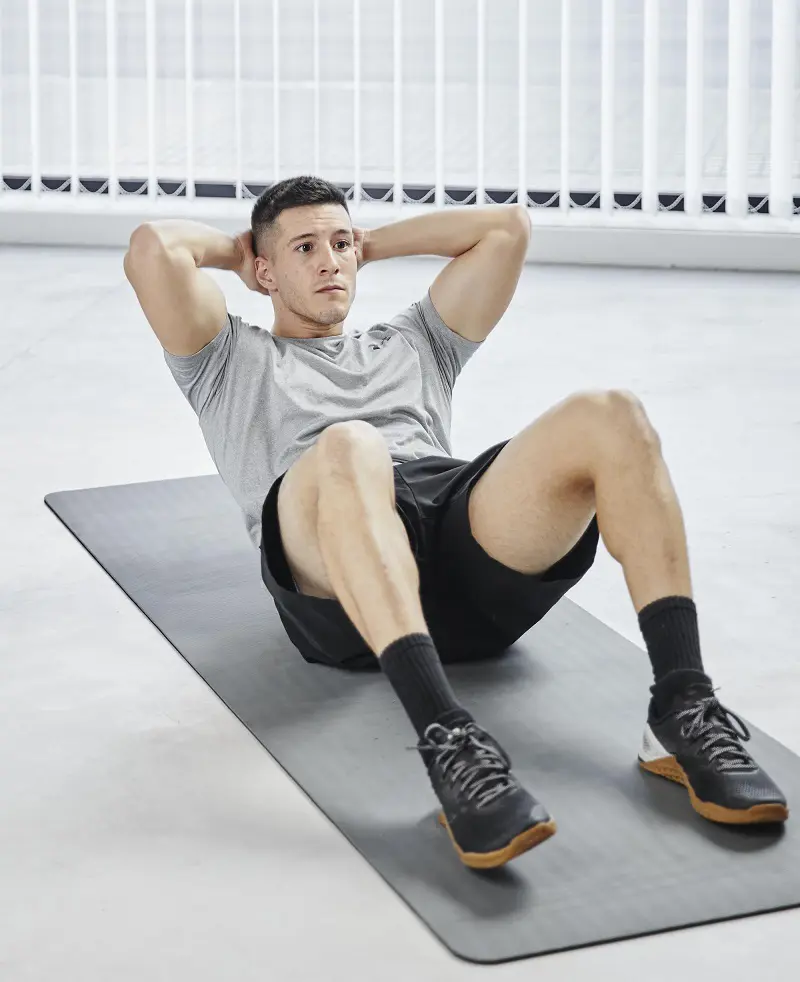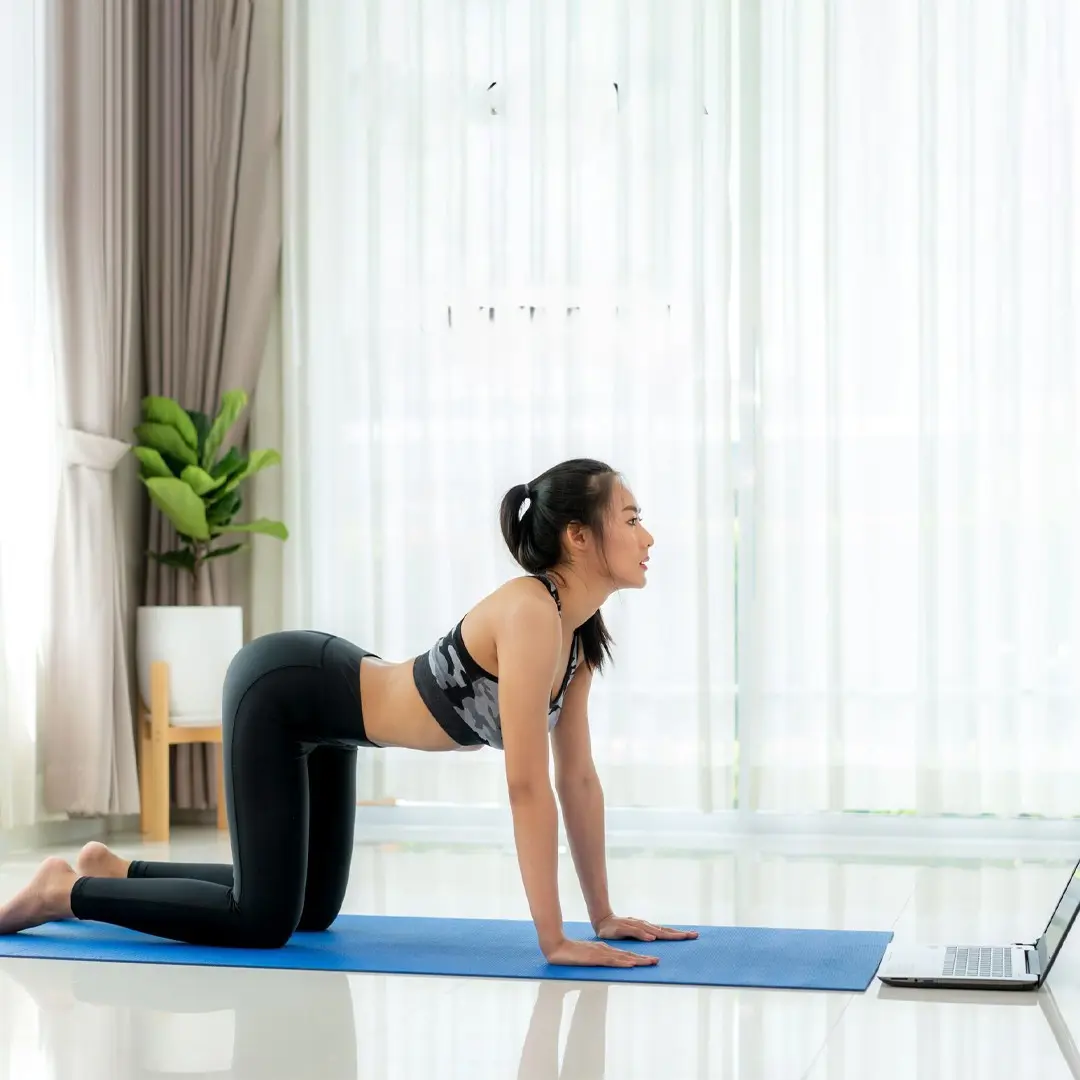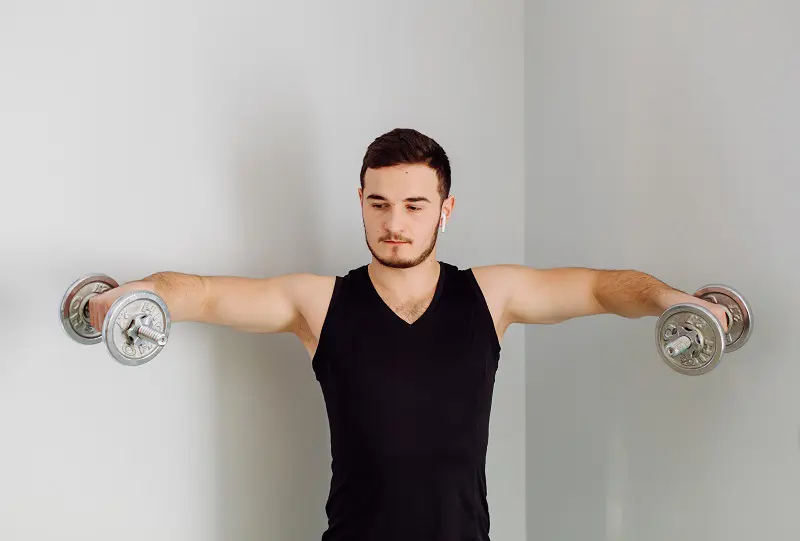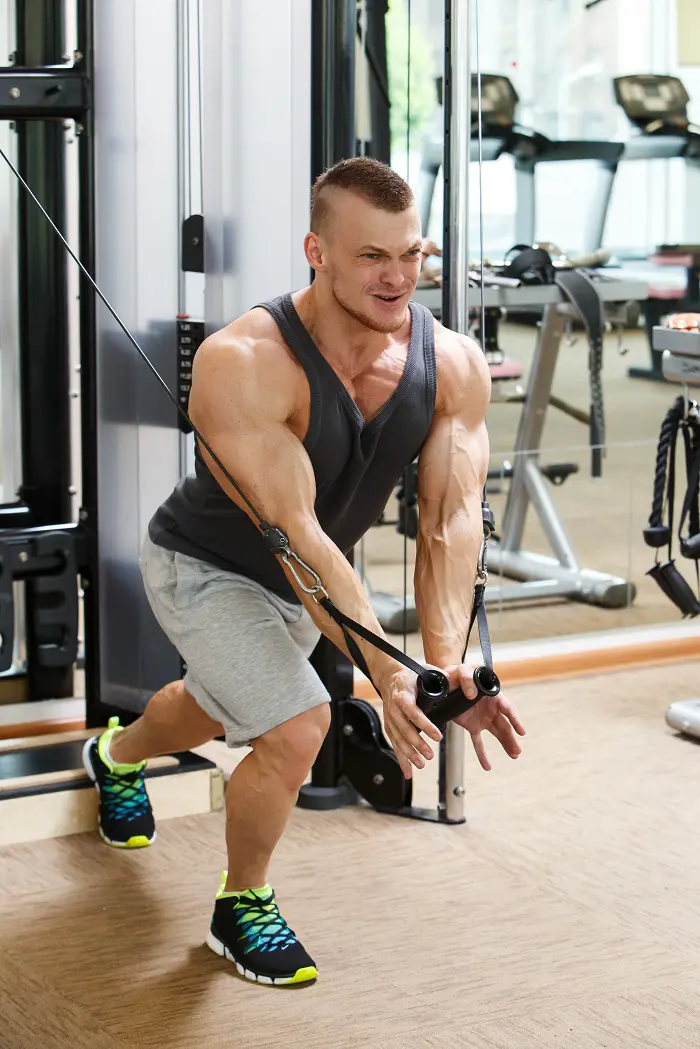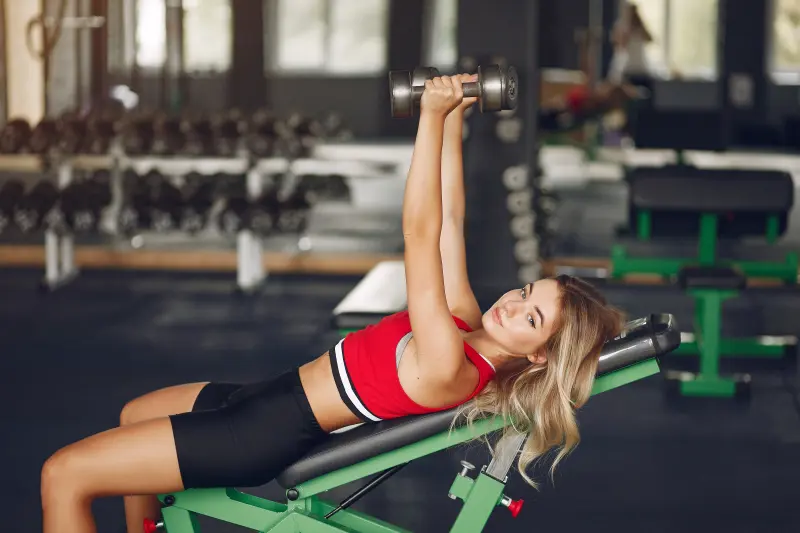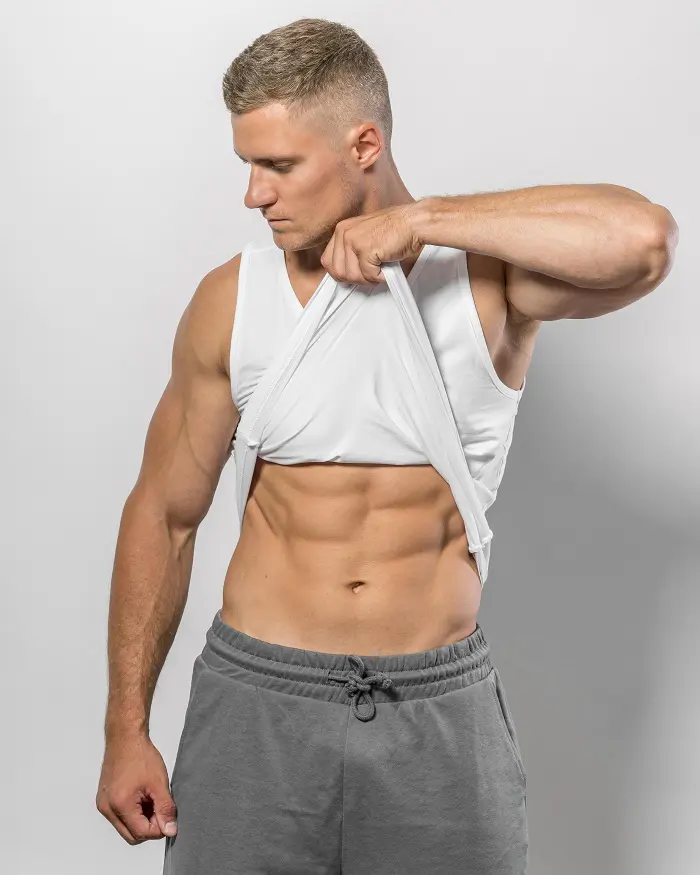11 Benefits Of Sweating That Might Surprise You

Sweating is a natural phenomenon that can help regulate our body temperature and maintain skin health. It usually occurs after performing physical activities.
Although sweating can distract us from our daily activities, its health benefits shouldn't be overlooked. Let's discover the top health benefits of sweating that may surprise you:
1. Regulates Body Temperature

The first, and the major benefit that comes to our mind is the regulation of temperature. Sweat’s primary purpose is to cool down the body when we perform physical activities.
When we perform heavy physical tasks like workouts, our body's temperature will begin to increase. In order to avoid overheating issues, our sweat glands will release sweat onto the skin, which then evaporates, and eventually helps cool us down.
This cooling feature of the sweat also comes in handy for those people who reside in hot climate areas.
2. Helps In Muscle Recovery
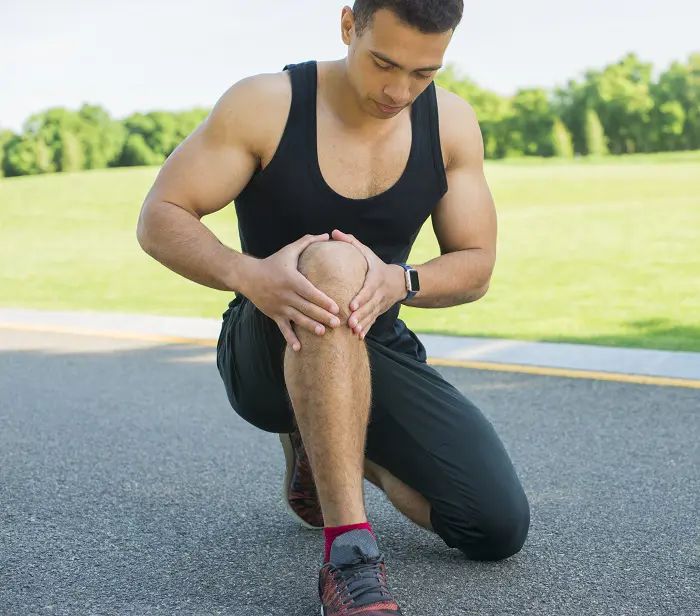
Regulation of body temperature will see an improvement in blood circulation. Better circulation means more nutrients and oxygen to nourish the sore muscles. This process can aid in quicker muscle recovery.
Moreover, lactic acid also gets flushed out during sweating sessions. If we have exercised for hours, this may actually be a boon for the muscle recovery process. So the next time you exercise, don't start complaining about the sweat.
3. Boosts Immunity

Believe it or not, sweating helps to boost immunity as well. So how does this work? Well, sweating is released onto the skin, and skin is regarded as the first line of the body's defense. A sweat's properties help to boost the skin's defensive power.
Dermcidin, a germ killing protein, is present in the sweat droplet. This can help the skin to ward off many harmful bacteria and fungi. Likewise, sweat also features anti-microbial peptides, a deterrent to external germs.
4. Promotes Glowing Skin
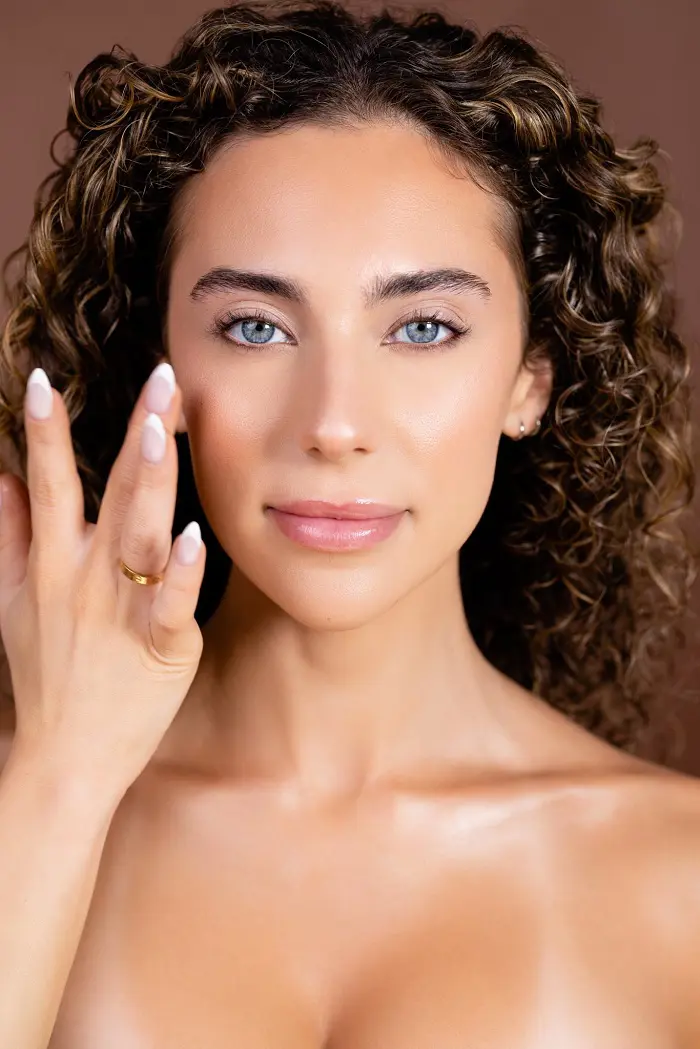
When we sweat, it acts as a natural exfoliate substitute. It helps clear makeup, dirt, and dead skin cells from the skin. This exfoliating role tones the skin, giving off a glistening appearance.
Sweating can also act as a moisturizer since it assists in fighting dry skin. Likewise, our sweat offers a humid feeling, which can eventually rejuvenate our body after an intense workout.
5. Helps Flush Out Heavy Metals
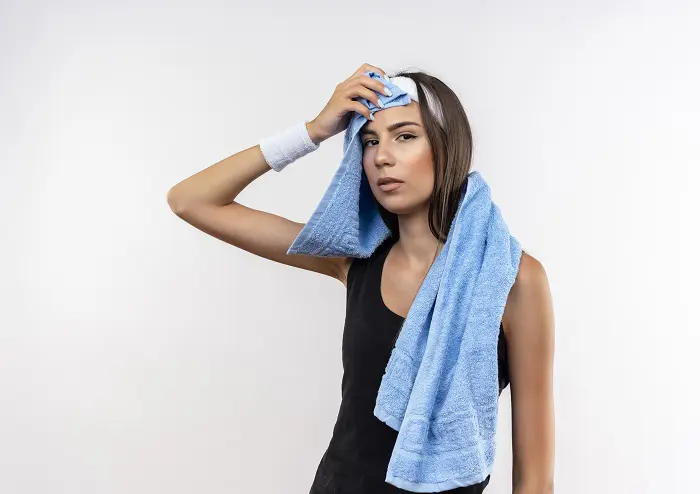
Although sweating’s ability to completely detoxify the skin doesn't have enough evidence, our sweat can indeed flush out some toxins from the body.
So, what toxins do sweating actually release? It generally flushes out harmful heavy metals such as mercury, arsenic and lead. Accumulation of these heavy metals can pose hazards to our health in the long run.
6. Helps To Lift Mood

Do you want to elevate your mood? Well, sweating can be an unconventional answer to this subject. This is primarily thanks to the endorphin hormone, which is released in good amounts while sweating.
The Endorphin is a feel-good hormone that works to uplift our mood while reducing our stress and anxiety levels. That’s why we hear people talking about how exercising gave them a positive mindset.
7. Helps To Reduce Pain
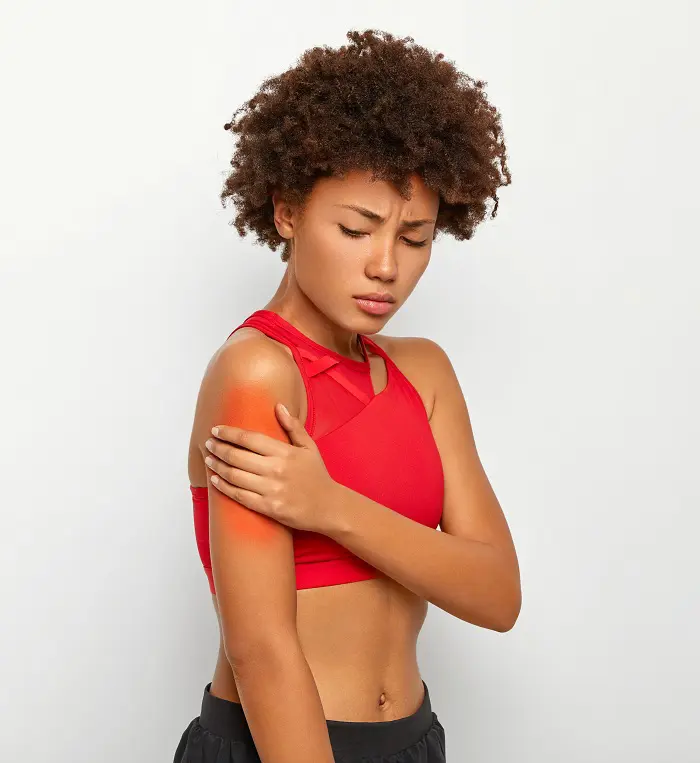
Sweating can help reduce minor pain in the body since it features a natural analgesic effect. This benefit is a boon for those people who are heavily involved in cardio workouts or physical sports.
Likewise, since sweating releases endorphins, this feel-good hormone can assist in reducing the perception of pain.
To maximize this benefit, you can conduct group workouts. A 2009 report by Biology Letters showed that group workouts can release more endorphins and decrease pain even further.
8. Assists In Weight Loss
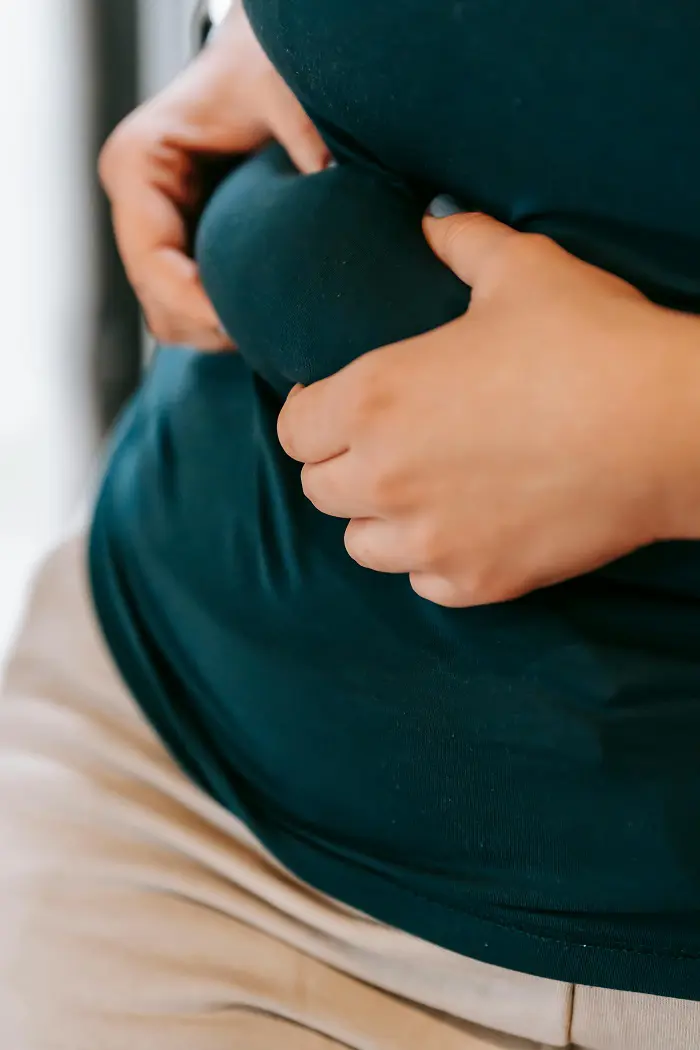
Another major benefit of sweating is its role in achieving weight loss. The first thing that sweating does is to reduce water weight in the body, albeit temporarily.
Although sweating cannot directly help in reducing our weight, physical activities that involve sweating can tone our bodies. Workout sessions are the primary drivers since we burn calories as we sweat.
9. Zaps Your Zit

Do you want to unclog those pesky pores from the face? Well, sweating out can be one way to try out zapping those zit. The sweat will help to open the pores to remove various impurities (like oil and dirt) from the skin.
A 2020 study by Galen Medical Journal reported that sweating sessions help to excrete waste products efficiently, so the excretion process must not be disturbed.
However, we should note to wash our face and body after a good sweat so that the bacteria, dirt, and oil don't go back to the pores.
10. Reduces Risk of Kidney Stone
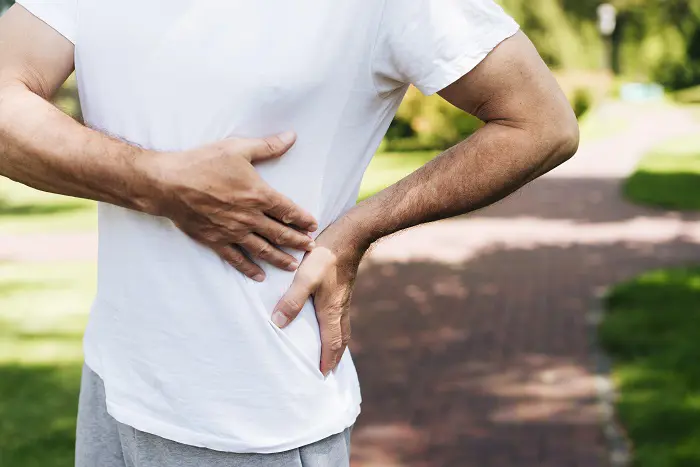
Since sweating helps to eliminate salt from the body; this results in less salt accumulation in the kidneys and urinary tract. This is a good thing for people who seek to avoid kidney stones in their lives.
Moreover, when we sweat, our body demands more water for hydration. Drinking enough water is an essential factor for flushing out those excess minerals from the body.
11. Promotes Heart Health
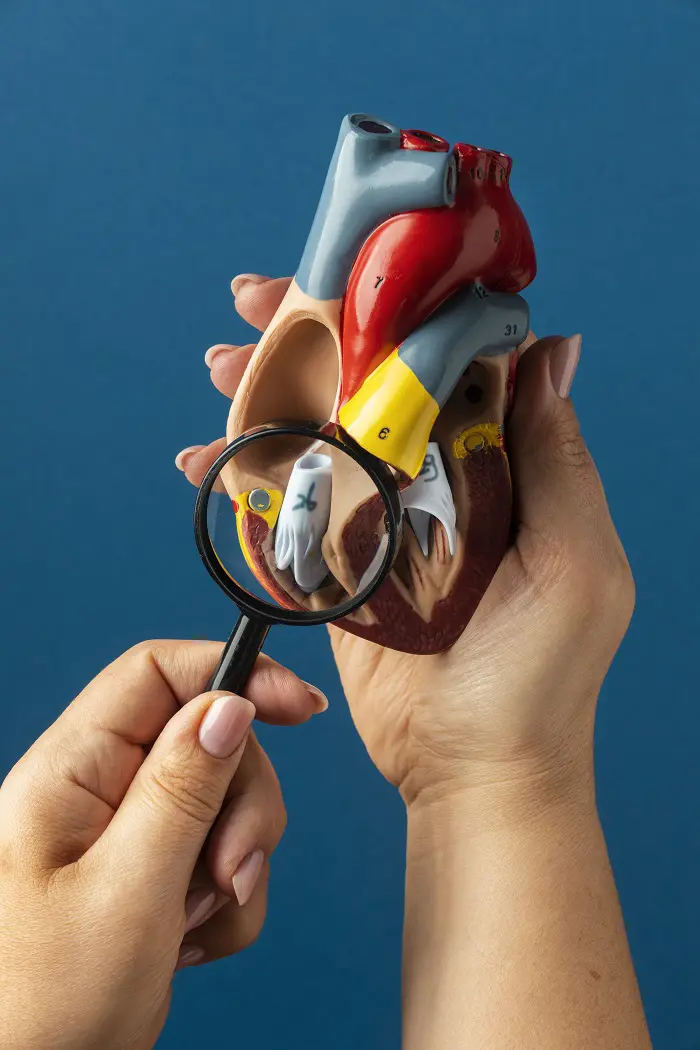
When we put ourselves in those scenarios where we sweat (like an exercise session or a sports match), we are actually getting our heart pumping. This helps in better blood flow and energizing our cardiovascular conditions.
Hence, putting oneself into sweating situations is beneficial for the overall heart's health. The best (and the efficient) way is to exercise daily for 30-40 minutes for a month. We can even walk or jog for hours to get a good sweat.
When To Know If You’re Sweating Too Much?
Sweat dripping out is a natural reaction to physical exertion, but sometimes, we may feel that we are sweating more than normal. Here are some situations that warrant excessive sweating:
- If we start to drip sweat consistently after a simple physical task.
- When our clothes get soaked even after just walking for a few minutes.
- If it gets difficult to hold a pen, keyboard, or mouse due to sweat.
- If our skin stays wet for a longer time.
Hyperhidrosis, a medical condition, can also be the case of why people sweat excessively. This condition can disturb daily activities and cause social withdrawal.
Why Does Your Sweat Smell?
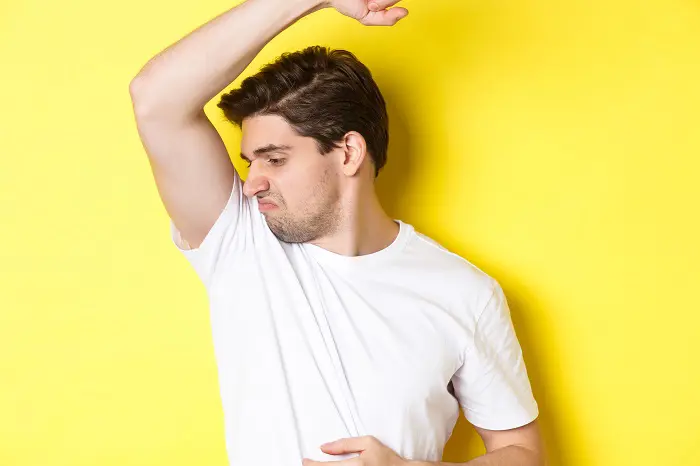
Although our sweat does not have an odor by itself, the smell comes after it comes in contact with the bacteria. This body odor is generally found in regions with apocrine sweat glands, i.e. armpits and groin.
The smell can differ from person to person. Some might have a sweet smell, while others can have tangy or sour. Meanwhile, some might be genetically programmed to not have any smell even after excessive sweating.
If the smell becomes too bad, there are many deodorants in the market that we can use. These deodorants can help mask the bad odor in order to help us be confident in our daily tasks and social circles.
How To Control Excessive Sweating?
1. Use Anti-Perspirants
Good Antiperspirants can block the perspiration process by stopping the skin ducts. We should apply these antiperspirants especially to the armpits and feet, where sweating happens more often.
2. Drink More Water
Since sweating releases lots of water and fluid, it will demand additional water. Hence it’s crucial to drink water to stay hydrated and cool down properly. Individuals residing in hot areas must drink more water to curb sweating issues.
3. Limit Caffeine Intake
Although Caffeine makes us feel energetic for some time, this drug still has a downside related to sweating. It plays a role in stimulating our nervous system, increasing blood pressure, and promoting the working of the sweat gland.
4. Wear Breathable Clothing
Wear light clothes during summer to avoid sweating too much. Tightly-fitted clothes can cause discomfort and increase the chances of sweating. Likewise, choose comfortable shoes so that the feet don’t sweat from tightness.
Recent posts
Fitness
Fitness
10 Core Strengthening Exercises For Beginners To Try At Home
A strong core is key to overall fitness - it helps improve posture, stability, and balance while cutting down the risk of injury. Whether you're new to working out or just looking to level up your core strength at home, these beginner-friendly moves ...
Fitness
How To Do Cat Cow Yoga Pose: Benefits, Techniques And Types
Cat Cow Yoga pose is an essential exercise that involves moving the spine from a rounded position to an arched one. Each movement is done flawlessly in conjunction with either an inhalation or exhalation of the breath, linking it to movement. This po...
Fitness
11 Upper Chest Exercises To Develop Toned And Strong Pecs
A well-defined upper chest improves posture and upper body strength along with your overall appearance. It takes certain workouts that focus on the clavicular head of the pectoralis major to target the upper part of the pectoral muscles. Including th...
Fitness
12 Best Cable Shoulder Exercises And Workouts
Shoulder workouts are essential for strengthening the deltoid muscles, improving range of motion, and enhancing posture. Using a cable machine can be a great way to build strong, well-defined shoulders. Cables offer a solid alternative to dumbbells a...
Fitness
How To Do Chest Fly Exercise: Methods, Benefits And Types
The chest fly is primarily done to strengthen the chest and the shoulders. It can be done while lying on your back on a flat or inclined bench and knees bent at a 90-degree angle. People who just started their fitness journey can use a lighter weight...
Fitness
A Guide On How To Get A Six Pack And Develop Shredded Abs
Six-pack abs come from having a low body fat percentage, which makes your abdominal muscles more visible. To get them, you need a mix of factors - solid diet, regular workouts, and a consistent training routine. Building strong ab muscles takes time,...
